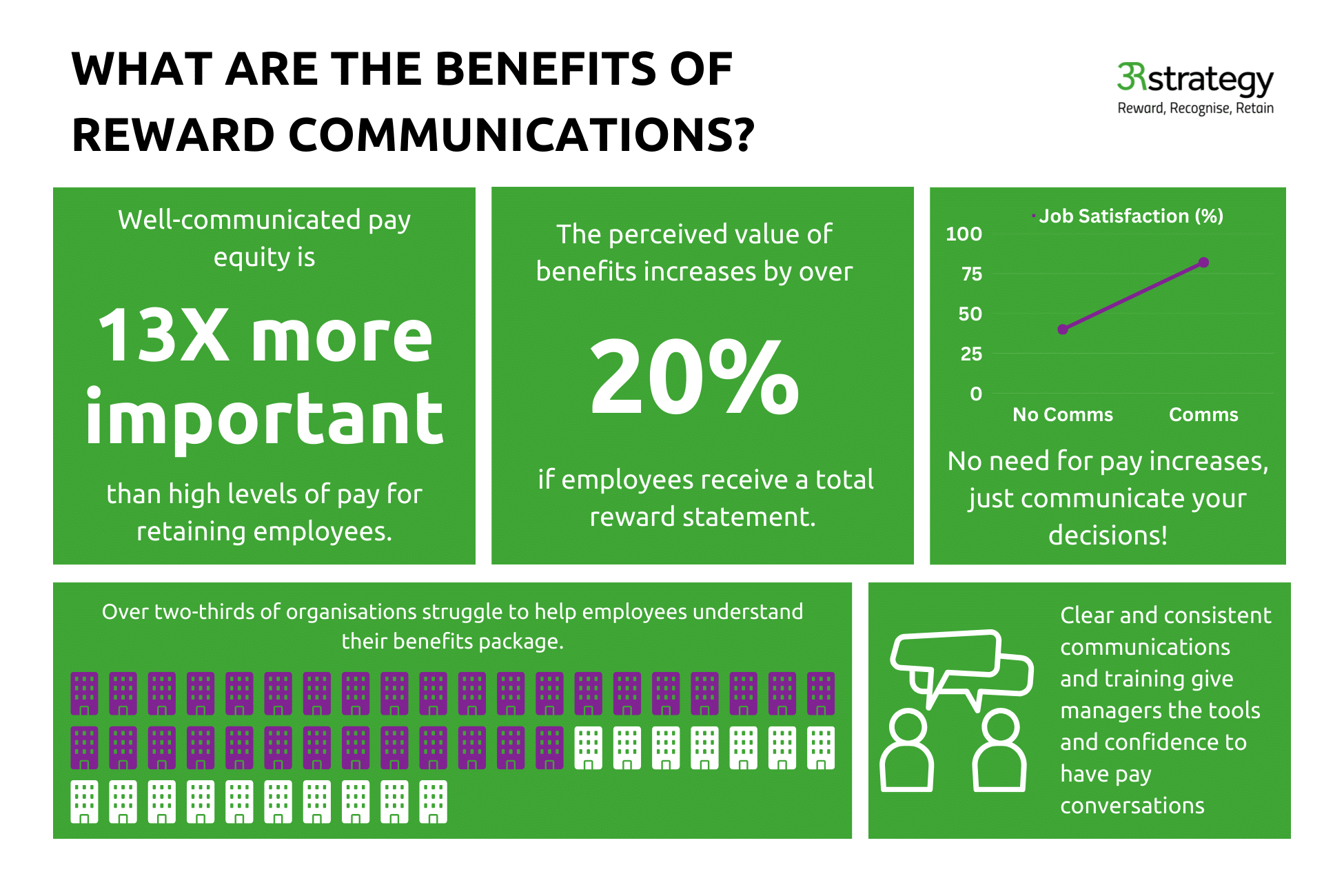There have been a lot of changes this year, post-pandemic. Some of these include a large proportion of employees utilising hybrid or remote work, record levels of inflation, cost of living challenges, and plenty of political unrest.
However, things aren’t going to slow down into the New Year. With new advancements and changing priorities, the world of HR has a lot to keep up with.
HR Predictions for 2024
1. Generative AI
One thing we can be sure of is that AI is going to significantly change the way we work. With the prospect of improving our productivity by as much as 10-20%, we should prepare for the advancements to come in 2024.
Generative AI adapts tools to your organisation and processes to automate day-to-day tasks. By taking over administrative duties such as benefits management, answering common employee queries, and processing leave forms, AI will allow us to dedicate time and skills to new strategies that positively impact our organisations.
As a result, HR departments can increase operational capacity and influence overall business success.
So, instead of seeing AI as a threat, we need to consider how we can benefit from it. Our competitors are going to end up 10-20% more productive than us if we choose to disregard the benefits of AI.
“76% of HR leaders believe that if their organisation does not adopt and implement AI solutions in the next 12 to 24 months, they will be lagging in success compared to those that do.” – Gartner
Moreover, making use of AI within HR and then encouraging this across the organisation could result in higher levels of productivity at every level. With more companies adopting a four-day work week to help retain employees and attract new candidates, AI could make this a real possibility.
By improving productivity and using AI to its full potential, there is no reason why five days’ worth of work could not then be done in four.
2. Internal Comms
Employees are already looking to work in organisations where they see transparency and fairness. This need is particularly high in Gen Z employees and will continue to become a priority for candidates and employees in 2024.
Whether or not we are treating our employees fairly when it comes to performance management, pay or career progression becomes irrelevant if our employees perceive that everything is unfair or biased. They form these perceptions when we don’t communicate clearly and honestly.
Too often, planning and communication doesn’t go further than the senior leadership team. In 2024, there will be an increasing need to make sure that we communicate in a more transparent way to our employees.
“One of the best predictors of employee engagement is your ability to communicate clearly and honestly.” – Payscale
This is even more important now because we don’t speak to or interact with each other as much as when employees were in the office full-time. With increasing flexibility, people who work in the office more regularly might have access to a lot more information than people who are working from home. In order to make sure that everyone is fully informed, we have to focus on making sure that we communicate to employees in different ways.
Some examples of this are:
- Emails
- Digital and print guides
- Videos
- FAQ documents
- Training for managers on having difficult conversations

3. Employee Experience & Culture
While culture has always been a priority for HR, we’re now seeing this become a critical part of the role—especially from 2024. For example, we’re seeing more companies renaming their HR teams to the People and Culture Team to better reflect their focus.
“If you’re not honest about who you are, what you need from people and what you can give them, that filters through to cultural issues once they’re through the door.” – Adam Horne, Founder of OpenAI
When you work in an office environment, leaders can take company culture for granted because they feel it’s enough for people to be talking to each other and having face-to-face interaction.
However, you lose some of that connection and engagement when some of or all of your workforce is working remotely. If you are a business that has a remote or hybrid working approach, it’s important to provide guidance and support to your management team to ensure they make an intentional effort to build a culture.
The key to this is understanding the values you stand for as an organisation, and then making sure that as a leader, you are encouraging others to communicate and interact on a regular basis. By digitalising the employee experience, we can adapt to an increasingly remote working environment.
In 2024, we will need to make even better use of technology as a way to help us build that employee experience. For example, many organisations use tools like Slack or Teams to keep their online employees in contact with one another.
4. Giving Your Employees a Voice
Leadership teams can spend hours offsite having conferences and discussing what they should be doing to attract and retain people because employees are disengaged. The simple answer is: just ask people what they want.
In 2024, organisations will be shifting much of their focus to giving employees that voice. There are three main ways to do this:
- Employee surveys
These must always be anonymised to allow people to give honest feedback. We must also ensure we don’t link these surveys to any bonus results or objectives. This is because you don’t want your managers to push for positive results just because that’s the outcome they’re looking for. We want to get honest feedback from people.
- Focus groups
Here we can dig a lot deeper into some of the employee feedback. Not everyone will feel comfortable taking part, but for those who do, it is an opportunity to voice their concerns or even reassure leaders about the things they find useful.

- 1-2-1 meetings with employees
This is the easiest and most important way to ask for feedback and see what we should be focusing on as an organisation. When we make decisions in isolation, they can be biased based on what we believe or value. For example, leadership teams often think they should be investing more in the pension scheme because that’s what they value the most. But this could be a really bad return on investment if employees don’t share that priority.
“Giving employees a voice is one of the most significant ways for individuals to influence their employment and ensure a good quality of working life.” – CIPD
Once we’re actively listening to employees, the next step is to make sure they feel heard. What are you doing with this feedback? Running a survey and then not feeding back until six months later can have a negative impact on engagement because you’ve asked for something and then it seems as though you are ignoring it.
Quick action is key, but even being transparent as to why you may not be able to make certain changes at this point will be more appreciated than no response at all.
5. Pay transparency
We’ve already seen this year that many organisations are struggling to recruit people. This isn’t surprising considering the research that found 64% of candidates wouldn’t even apply for a job if there was no salary range listed.
“Well-communicated pay equity is 13 times more important for engaging and retaining employees than high levels of pay.” – Josh Bersin
So, if as an HR team you’re struggling to recruit, that’s the first thing you should be looking at. You could be losing out on over half of your candidate pool because they’re not applying. Also, chances are a lot of them are going to be top performers because they’ll be more particular about the jobs that they apply for.
We’ve also seen that employees, particularly Gen Z employees, are looking for pay transparency. When they can’t see where they sit within a range for their job level or role it significantly reduces our chances to retain them. Similarly, without a clear understanding of how they’re going to progress their salary if they stay with the company, it could contribute to high turnover.
Furthermore, over 15 states in the US, including New York and California, have introduced pay transparency laws recently. This means that many more organisations now have to publish a salary range when they’re advertising a job—and they’re not able to ask candidates for their current salary during the recruitment process.
Similar legislation has been introduced as part of the EU Pay Transparency Directive, which is going to come into force in the next three years. With this in mind, we’re going to see more and more organisations start to look at their approach to pay to make sure that they start to get ready for new legislations in 2024.
Not only will this improve their chances of attraction and retention, but it will also start to build the foundation for future compliance.
Future-proofing
The coming year promises major developments that will shape the future of HR. To stay competitive and engage top talent, we must embrace these changes proactively. Resisting these shifts and new priorities will put us at risk of disengaged employees, recruiting struggles, and non-compliance.
By taking action in these areas now, we can enter 2024 with an adaptive HR strategy ready to comply with new regulations and leverage cutting-edge technologies. As HR professionals, it is up to us to guide and future-proof our organisations through these changes.

